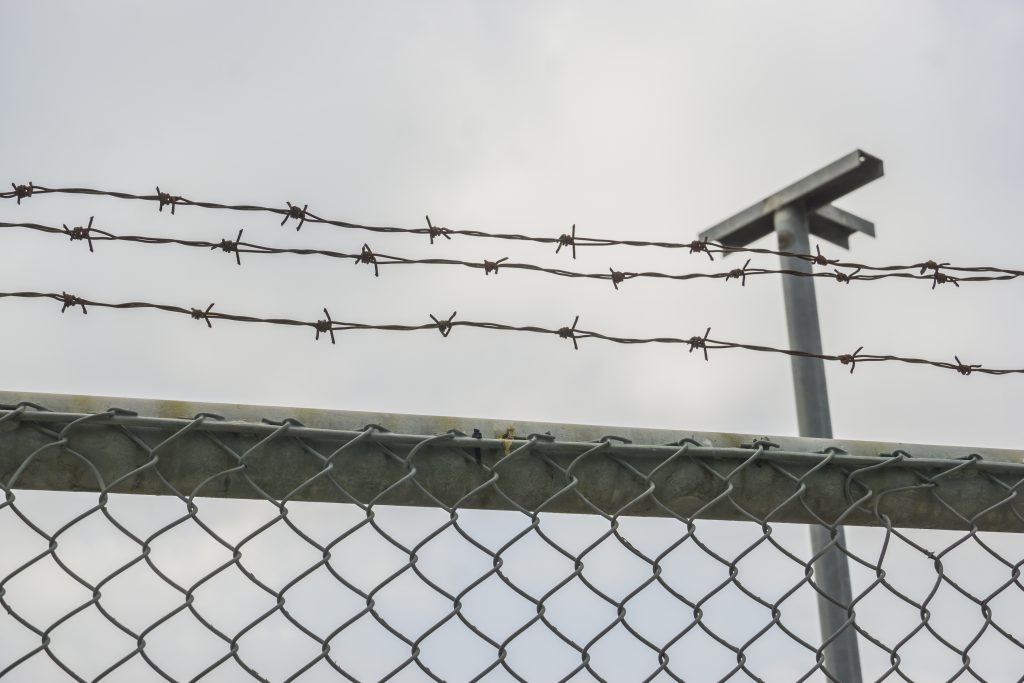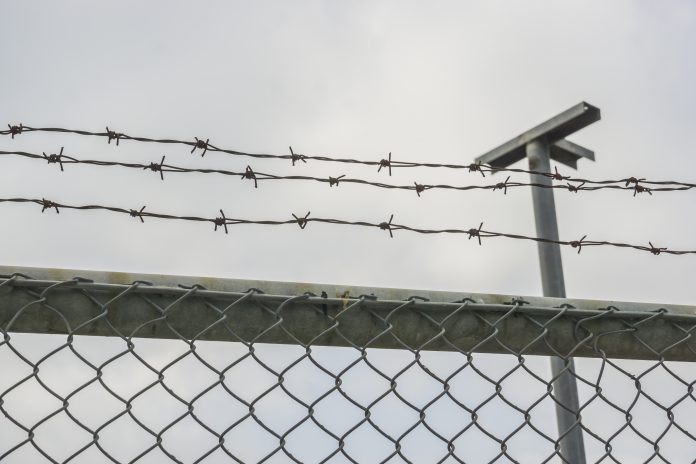
Seven months after one million people took to the streets of Hong Kong against the now-withdrawn extradition bill, protesters show no sign of backing down from their fight for democratic reform and resistance to Beijing’s tightening control over the city.
Hong Kong people’s chronic mistrust and fear of the authoritarian Chinese government are deepened by a series of events taking place during the months-long protest movement. Employees who showed support for pro-democracy protests were fired by companies with business operations in China. A British consulate worker was detained for 15 days on a trip to Shenzhen and said he was tortured by Mainland authorities. China’s top legislative body said Hong Kong courts have no right to rule the constitutionality of the city’s laws.
Hong Kong people are fearful of losing their freedoms and being fully integrated with the Chinese mainland, which has driven hundreds of thousands to join the protests for the past half a year.
Our Periscope section sheds light on the city’s sentiment of fear and its trembling autonomy under the shadow of China. We try to understand the deep-rooted anxiety among many in Hong Kong and how it finds an echo in the ongoing political turmoil.
Since June, Hong Kong people have reported being intercepted by immigration officers when entering the Mainland. They were asked to unlock their cell phones. Once any “politically sensitive” materials were found, they would face detention at the checkpoint. We reach out to travellers and tour organisers to learn about their experiences, worries and how the searches interfere with their travel plans.
The fear of phone checks and interrogation also haunts Hong Kong students who are required to have lessons or internship training in China. Out of concerns for personal safety as well as growing tensions between the city and China, students are trying to distance themselves from the Mainland. We talk to students and teachers to hear about the debate over the necessity of universities having joint study programmes with China’s educational institutions.
Hong Kong’s business sector also comes under pressure from Beijing. A striking example is China’s aviation authority requesting Cathay Pacific to ban all employees who supported or took part in the recent protests from flying over China’s airspace. Over 30 Cathay employees have lost their jobs for expressing sympathy for Hong Kong protesters on social media. We speak with former Cathay employees and labour activists on how the climate of fear is changing the way people do business and work in the city crowned as the world’s freest economy.
This issue of Varsity also features a wide range of stories – from the stress of toddlers to end-of-life treatment, and from community screenings to the profile of designer Kevin Cheung Wai-chun. We also explore the charms of Japanese repairing art Kintsugi and a creative local residence. Enjoy the read!

Gloria Li
Managing Editor











































